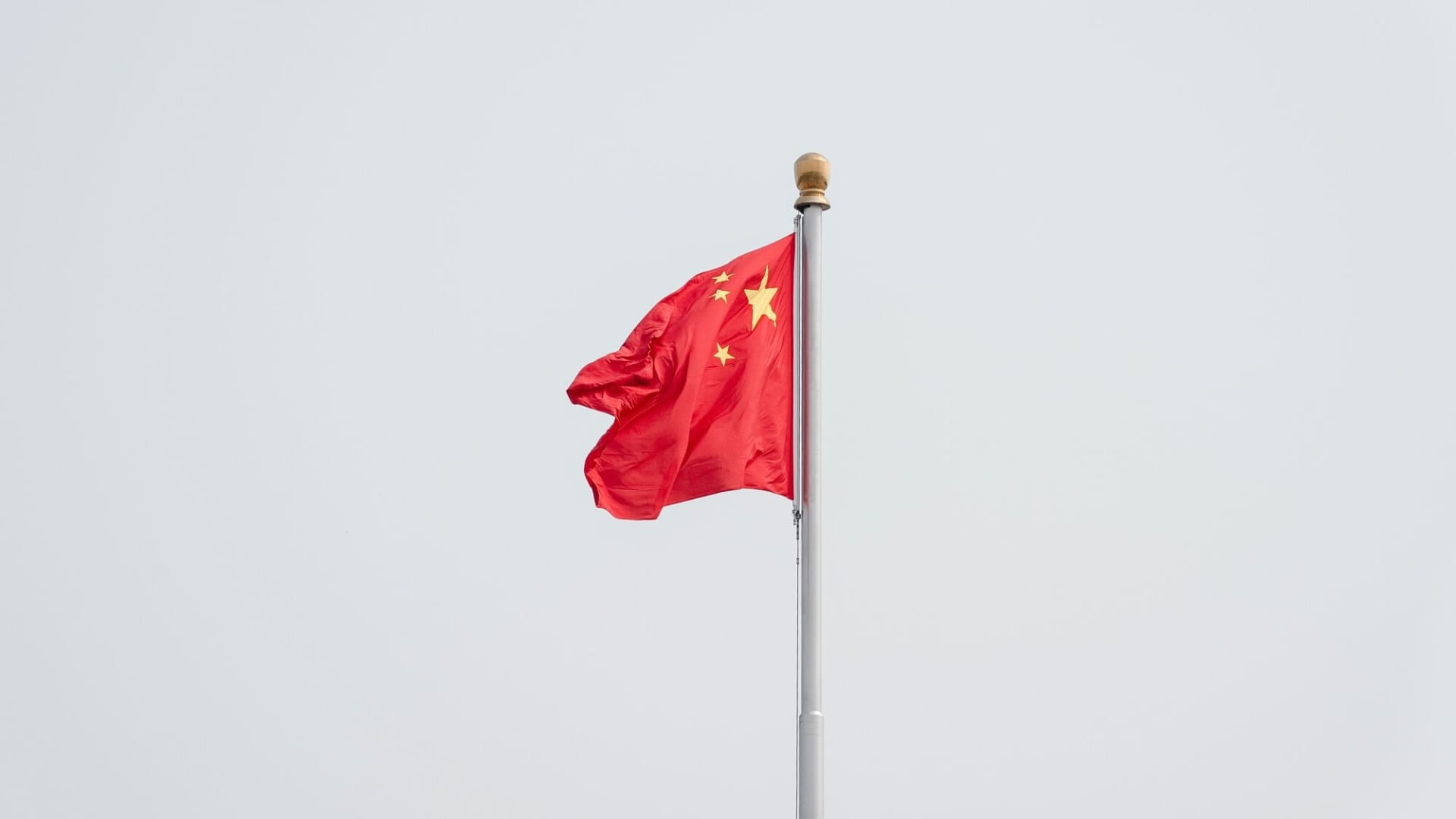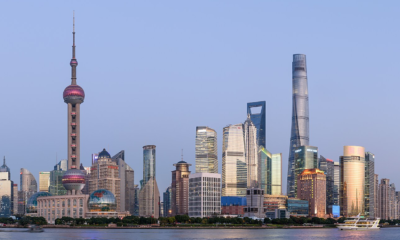Finance
China holds third plenum. Why real estate is probably not the main focus

The Third Plenum, scheduled for July 15-18, is one of the most important political meetings of the Chinese Communist Party.
Bloomberg | Bloomberg | Getty Images
BEIJING – China’s real estate problems may be dire, but analysts expect the upcoming third plenum to focus on other areas – such as high local government debt and a push for advanced manufacturing.
The highly anticipated policy meeting, scheduled for Monday through Thursday, is a major gathering of top members of China’s ruling Communist Party that typically takes place only once every five years. This plenum was widely expected to take place last fall, but has been postponed.
“The main challenge for Beijing is to find an alternative fiscal system, as the current one, which relies heavily on land sales, is under severe pressure due to the plummeting land market,” said Larry Hu, chief China economist at Macquarie. an email to CNBC.
He expects next week’s meeting to focus on budget reforms and other structural policies. Hu pointed out that cyclical policies – which can include real estate – are usually discussed at more regular meetings, such as those of China’s Politburo, expected in late July.
‘For the rest, policymakers will probably repeat this as well [their] commitment to innovation, that is, the so-called new productive forces,” Hu said, referring to Beijing’s efforts to support advanced manufacturing and high-tech.

The Central Committee of the ruling Chinese Communist Party, made up of more than 300 people including regular and alternate members, typically holds seven plenary meetings during each five-year term.
The Politburo is a group of about 24 people within that committee
The Politburo Standing Committee, consisting of seven key members, is the highest circle of power in China and is led by Xi Jinping, General Secretary of the Party and President of China.
The Third Plenum traditionally focused on economic policy. Led by Deng Xiaoping in 1978, the meeting officially heralded important changes for the communist state, such as those in China. “reform and opening.”
At next week’s plenary meeting, “the main thing I’m looking forward to is the so-called financial reforms,” Dan Wang, chief economist at Hang Seng Bank (China), told CNBC.
She will also pay attention to details surrounding consolidation in the banking sector, as well as signals on policies surrounding local government finance and taxation.
‘For the real estate markets, I don’t think this should be a focus of the plenum because it already is [in a] say that everyone agrees [on]Wang said. “It’s in a recession. The bottom has not yet been reached.”
Links to local government finances
Although relevant to the wealth of most households in Chinathe problems of the real estate sector are also intertwined with the finances of local governments and their piles of hidden debts.
Local governments once relied heavily on land sales for their revenues.
“In the medium and longer term, the importance of cultivating sustainable revenue sources for local governments will increase,” HSBC analysts said in a June 28 report previewing the Third Plenum.
“Broadening the imposition of direct taxes on, for example, consumption, personal income, property, etc. is often considered a solution. Of these options, a consumption tax could be the most effective,” the analysts said. encouraging local governments to stimulate consumption.
We believe that transitions at this time need to be carefully designed and implemented, given the low level of trust in the private sector…
However, boosting sentiment is not necessarily that easy. In the weeks leading up to the plenum, Chinese stocks have moved closer to correction territory – or more than 10% from a recent high.
“We believe that transitions at this time need to be carefully designed and implemented given low levels of confidence in the private sector, otherwise they could work in the opposite direction to supportive fiscal policies,” the HSBC analysts said.
Efforts to address broad financial risk have led to more restrictions on the broader banking and financial sector. Since the installation of the latest Central Committee in October 2022, the Chinese Communist Party has expanded its membership supervision of finances and technology with new commissions.
“The scale of real estate has become so large that it has absorbed all of China’s resources,” said Yao Yang, professor and director of the China Center for Economic Research at Beijing University. said last monthAccording to a CNBC translation of his speech in Mandarin.

According to him, the excessive growth of the financial sector was at the root of the crisis erosion of the American industrial sector.
“If China wants to compete with the US, we need to develop production and technology,” Yao said. “That is why we must restrict the financial sector, including the real estate sector. That is the underlying reason for stricter regulations in both real estate and finance.”
Analysts at Goldman Sachs said in a report last month that average wages at real estate agents, which affect about 0.1% of China’s urban population, fell nearly 20% in 2022 and were lower last year.
Coupled with the much larger impact of tight local government finances, the analysts found that pay cuts in the financial and public sectors would dampen urban wage growth by around 0.5 percentage points per year in 2022 and 2023.
In addition, China reportedly plans to cap the financial sector at an annual salary of about 3 million yuan (about $413,350) – a cap that would apply retroactively and require workers to return excess earnings to their companies . South China Morning Post reports this last week, citing people familiar with the matter.
China’s National Financial Regulatory Administration did not immediately respond to CNBC’s request for comment.
Long-term goals, existing challenges
Beijing’s official announcement of the Third Plenum said the leaders will discuss “deep reform and promotion of China’s modernization.” The lecture noted China’s goals of building a “high standard.” socialist market economy by 2035.”
Beijing said this in 2020 ‘socialist modernization‘ would include the GDP per capita of ‘moderately developed countries’, an expanded middle-income group and smaller differences in living standards.
That will not be an easy task, especially after the shock of the Covid-19 pandemic and rising geopolitical tensions. China’s GDP per capita last year, in constant US dollars, was $12,174 – less than a fifth of the United States according to the World Bank, $65,020.
It may be that a slowing economy means fewer opportunities and raises more concerns about inequality and justice than before.
Although income inequality is a global problem, new research shows that people in China have become significant discouraged by perceived ‘unequal opportunities’. This is evident from studies since 2004 by teams led by Martin King Whyte of Harvard University and Scott Rozelle of Stanford University.
The latest survey found that, regardless of income bracket, more respondents thought their family’s economic situation had worsened in 2023 compared to previous years.
“It may be that a slowing economy means fewer opportunities and raises more concerns about inequality and fairness than before,” said a summary of the research by Big Data China said. “In other words, inequality may be more acceptable when the pie is growing very quickly, but it decreases when the economy falters.”













